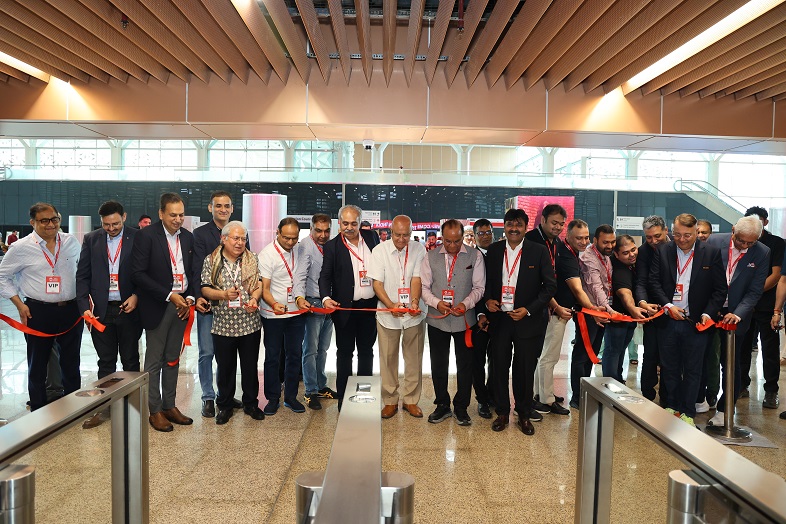MSMEs at the Centerstage of Budget 2024: The government has recognized the importance of MSMEs in addressing unemployment and rural distress. The budget for 2024-25 has given special attention to MSMEs, particularly labor-intensive manufacturing, through financing, regulatory changes, and technology support.
Improved Access to Credit: A new credit guarantee scheme has been introduced to facilitate term loans for MSMEs to purchase machinery and equipment without requiring collateral or third-party guarantees. This scheme supports MSMEs, especially those in the manufacturing sector, to access credit more easily.
Continued Bank Credit During Stress Periods: A new mechanism has been proposed to ensure MSMEs continue to receive bank credit during stress periods, even if they are in the special mention account (SMA) stage.
Enhanced Mudra Loan Limits: The limit for Mudra loans has been increased from ₹10 lakh to ₹20 lakh for entrepreneurs who have successfully repaid previous loans under the ‘Tarun’ category.
Improved Credit Assessment Models: Public sector banks are set to develop new credit assessment models based on the digital footprints of MSMEs, rather than relying solely on asset or turnover criteria.
Expansion of SIDBI Branches: The Small Industries Development Bank of India (SIDBI) will open 24 new branches this year to serve major MSME clusters.
Reduced Compliance Burden: The turnover threshold for mandatory onboarding on the Trade Receivables Discounting System (TReDS) platform has been reduced from ₹500 crore to ₹250 crore.
Energy Audit and Sustainability Initiatives: The budget has allocated financial support for conducting energy audits in 60 MSME clusters. This initiative aims to help clusters shift to cleaner energy sources.
Support for Food Processing and Export Sectors: Provisions have been made for setting up 50 multi-product food irradiation units and 100 quality testing labs with NABL accreditation, as well as the creation of e-commerce export hubs in public-private-partnership (PPP) mode.
These strategic measures are aimed at fostering growth and enhancing the competitiveness of MSMEs in India. The contribution of MSMEs to all-India manufacturing output in FY 22 was 35.4% and the share of MSME-made products in exports in FY 24 was 45.7%, this is only expected to grow. By 2028, India’s MSME sector is projected to contribute US$ 1 trillion to the nation’s overall exports, making up about 35% of the GDP.

